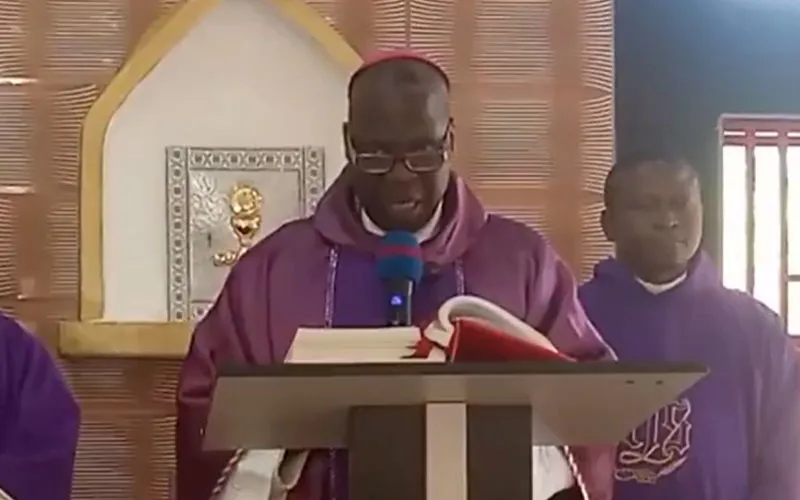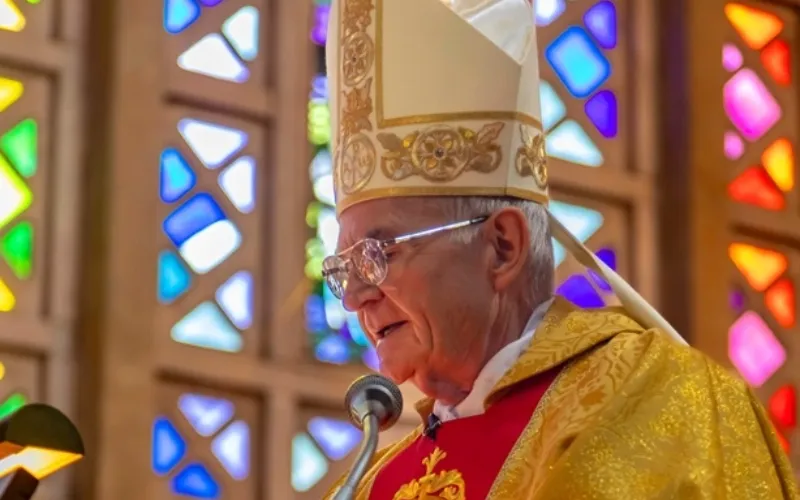Good Christian conscience, he explains, “would neither subscribe to unjust and inhuman political programs nor support political parties or candidates that espouse ideals that contradict the essence of Christian faith and morals.”
The Nigerian Catholic Archbishop says that Nigerians are “expectantly looking forward to a sense of direction in our common affairs and a halt to our national drift.”
He addresses himself to Christians in Africa’s most populous nation, calling on them “to become manifestly active in determining who governs them at all levels following the conclusion of the current election cycle.”
The Catholic Archbishop who started his Episcopal Ministry in May 2003 as Bishop of Nigeria’s Maiduguri Diocese underlines the need for active participation in the February 25 general elections, calling on the electorate to be active agents and not merely passive receivers of the electoral outcome.
He underscores the need to consider integrity in the political candidates, and explains that politicians with integrity “are those who have the character, capacity, and track record to lead our nation out of the present socio-political and economic doldrums, irrespective of party, religious or ethnic affiliations.”
The challenges Nigerians are facing, the Catholic Church leader says, can best be addressed if the electorate makes “the right political choices”, the Local Ordinary of Kaduna Archdiocese says.
“I plead that whatever sacrifice it takes to cast your vote and protect it, please make it for the future and common good of our dear country,” he adds.
Archbishop Man-oso continues in his Lenten Message, “In terms of suffering, we seem to have hit the rock bottom. I believe that it can only get better and your vote may be the magic wand that can make things get better for our country.”
He goes on to remind Nigerians to use the Lenten Season to respond to the “practical demands of justice” through “the corporal works of mercy”.
“If our Lenten observances especially as they concern fasting are to benefit us at the end of the day, they should lead us to the performance of the corporal works of mercy, namely, feeding the hungry, sheltering the homeless, clothing the naked, giving drink to the thirsty, visiting those in prison, visiting the sick and burying the dead,” says the Catholic Church leader who has been at the helm of Kaduna Archdiocese since November 2007.








